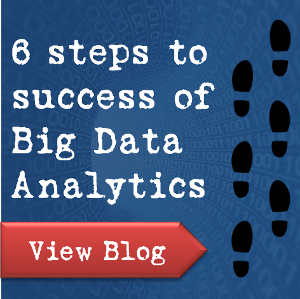The Rise of the Chief Data Officer

Governance
The CDO has to define the organization that has the collective responsibility for ownership of all data in the enterprise. This includes responsibilities for its management, integrity, availability, distribution and security. Data stewards may assist the CDO in executing these tasks. Governance also includes the system of policies and processes that are used to manage and control the flow of data into and out of the enterprise.
Data Standards
This responsibility is a supportive subset of the overall governance framework, and includes how data is named and abbreviated, and how it is modelled, used and worked with until it is archived or deleted. Standards cover both the core data as well as the metadata that describes it. This is all done to improve the ease of use of available data, and to support its consistency across the enterprise.
Data Quality and Lifecycle Management
Apart from defining how data is to be processed and used, there is a responsibility for the quality of data, and how that quality is to be achieved and maintained. This requires a perspective across the entire scope of data elements that comprise the enterprise set, and defines a mechanism that ensures that a single version of the truth is maintained until it is replaced by new versions and safely moved out of active usage.
Data Storage and Retention policies
The CDO has to be on top of how data moves across the enterprise, where it is generated, how it comes in, where it builds up into bottlenecks, where it doesn’t come in fast enough, and so on. This helps take decisions about optimising the data throughput, with temporary and permanent data stores, and the sizing of these stores, and archival and deletion strategies. This is one of the areas in which the CDO works closely with the CIO to not only provide requirements but also refine strategies so that overall objectives of data availability and storage optimization are achieved within budget.
IT Performance and Effectiveness Analytics
While the CIO ensures that the landscape of enterprise applications and hardware are all managed well, the CDO would be responsible for ensuring that information needs are met within budget and in a timely manner. This includes having a system to identify metrics to measure the achievement of these parameters and putting in place the analytics to produce these metrics.


 Mario Lewis
Mario Lewis








